Pinworms, also called threadworms or seatworms, are tiny parasitic intestinal worms that may lead to an infection in the anus area. An infection caused by pinworms is known as enterobiasis, mydriasis, or, more commonly, a pinworm infection. It can affect anyone, causing itching, discomfort, and trouble sleeping, but children are at the greatest risk of developing it.
Continue reading to learn more about an infection caused by pinworms, including diagnosis, treatment, and preventative strategies to reduce the risk of recurring infections.
Pinworms are found worldwide, making pinworm infection a common medical condition. It is the most common worm infection in the United States, Western Europe, and Northern Europe. It is also a very often observed infection in children. According to the estimations, 20% of children in the USA experience pinworms at some point![]() .
.
Pinworms are not considered dangerous to human health. The infection may cause discomfort and itching that ranges from mild to severe and give you trouble at night, but it does not lead to life-threatening health issues or long-term problems. It may result in urinary tract infections, weight loss, and bacterial infections in rare circumstances.
Pinworms are very contagious, spreading quickly between people, especially children. Transmission often occurs in schools, child care centers, and other environments attended by children aged 5 to 10.
Pinworm infection typically occurs when a person ingests pinworm eggs, which can happen through direct contact with contaminated surfaces, such as bedding, clothing, towels, or toilet seats, or by consuming food or water contaminated with pinworm eggs.
Pinworms can spread to surfaces when a person with an infection scratches their anus. By doing so, pinworm eggs get underneath the fingernails and on the fingers, so they quickly transfer to objects and surfaces when that person touches them.
Pinworm eggs can survive for 2-3 weeks outside an anus![]() and are usually found on the following surfaces and objects:
and are usually found on the following surfaces and objects:
According to the Centers for Disease Control and Prevention (CDC), inhaling airborne eggs is also possible, although rare.
Pinworm infections exhibit a highly contagious cycle characterized by the following steps:
Factors that increase the risk of pinworm infection include:

The telltale sign of the pinworm infection is itching in the anus area. This may cause discomfort and distract you from performing other activities, concentrating, and sleeping. As a result, you may wake up tired and stay drowsy for an entire day. These issues usually develop between 1 and 2 months after the parasite enters the body.
The main symptoms associated with pinworm infection are as follows:
Less common symptoms of pinworm infection include:

Most people who have pinworks don't develop any complications. However, in rare circumstances, additional problems may appear. These include:
During the initial assessment of pinworm infection, your doctor will ask you about your or your child's symptoms. Try to remember when the symptoms first appeared and whether they get worse at night, especially itching in the anus area. You may also be asked about your occupation and whether you have close contact with children.
If pinworm infection is a likely cause, your doctor may want to confirm it by doing a tape test. Considered the most reliable method to diagnose pinworm infection, a tape test is a sticky and adhesive cellophane tape that a patient needs to apply on their anus. It is recommended to perform the test right after waking up because pinworm eggs exit the anus during sleep. The tape should be pressed against an anus for several minutes and then brought to a doctor for professional analysis.
Strategies to eliminate pinworm infection include medications, improved hygiene, and adequate household cleaning practices.
Eliminating pinworms from your body is simple. All you need to do is take oral anti-parasitic medication – either over-the-counter drugs or prescription medicines. Discuss with your doctor which ones would work best for your case.
Following hygiene and household cleaning guidelines is no less essential in treating pinworm infection. Consider the following tips if you want to get rid of pinworm eggs:
The prognosis for pinworms is usually positive with adequate treatment, hygiene, and household cleaning regimen. Although pinworm infections may occur again, it is possible to reduce that risk with proper preventative strategies and precautions.
Another good news is that pinworms rarely lead to complications and long-term health issues. Many people experience only mild symptoms or none at all.
If you are worried about a pinworm infection, contact your healthcare provider to discuss treatment options and strategies for keeping your house free from parasites.
Even if you recover from pinworm infection, it may occur again. Here are some things you can do to avoid it from developing again:
Pinworms, or threadworms, are tiny parasitic worms causing infections in the anus area. While not dangerous, they lead to itching, discomfort, and trouble sleeping.
Pinworms are highly contagious and common in children. They usually spread through contact with contaminated surfaces or ingesting contaminated food or water.
The main signs of pinworm infection are anus itching and sleep difficulties. Vaginal itching may occur in females. Less common symptoms include abdominal pain, rash, nausea, and irritability.
While rare, complications may include urinary tract infections, abdominal issues, bacterial infections, and weight loss due to disrupted nutrient intake.
Oral anti-parasitic medications, available over-the-counter or by prescription, effectively eliminate pinworms. Hygiene practices and household cleaning are also crucial to get rid of pinworm eggs.
The prognosis for pinworm infections is generally favorable with appropriate treatment and preventive strategies. It's essential to consult a healthcare provider if you suspect a pinworm infection to receive proper diagnosis and treatment guidance.
Table of Contents

Hemorrhoids are swollen veins in the anal canal. They are accompanied by various symptoms – how to recognize them? What… read more »
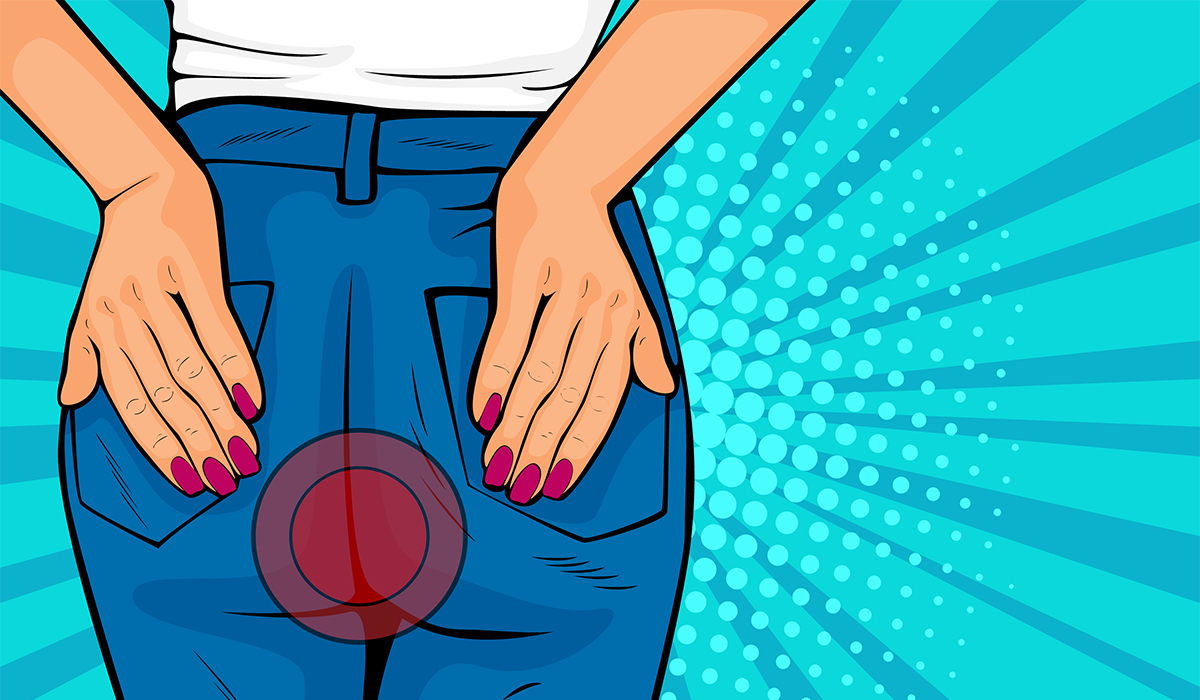
An anal fissure is a classic medical case where there is a tiny cut or crack in the skin near… read more »
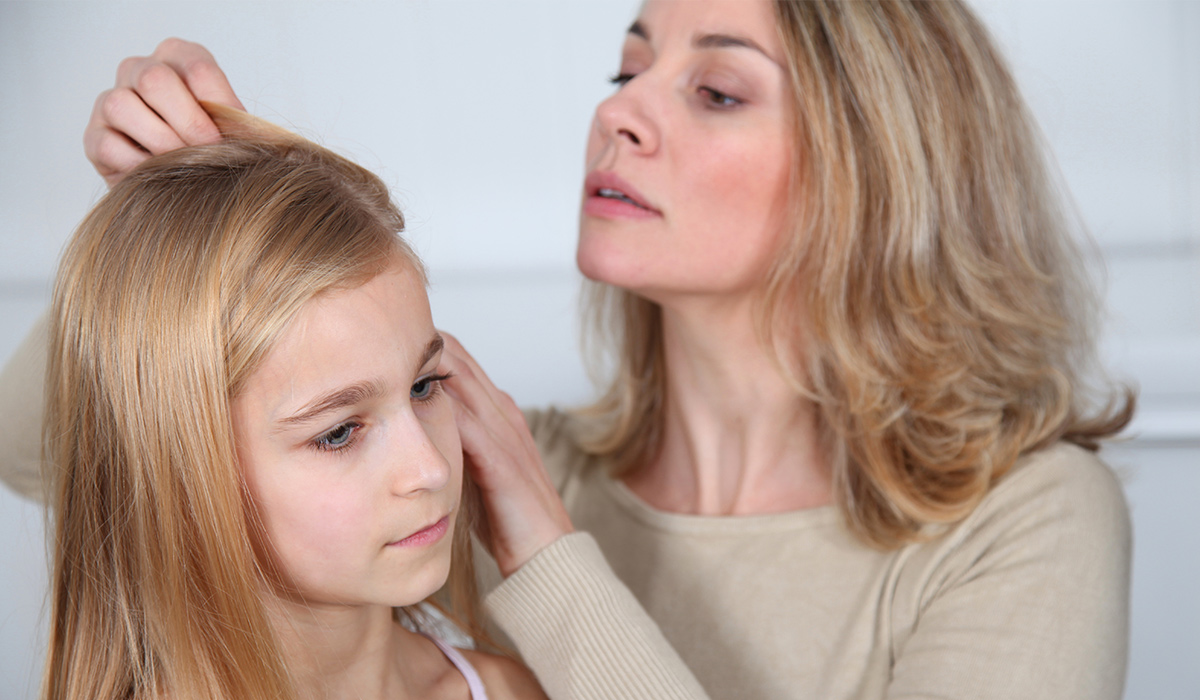
Lice are ectoparasites, so they live outside the body of their host, in this case the human. What symptoms do… read more »
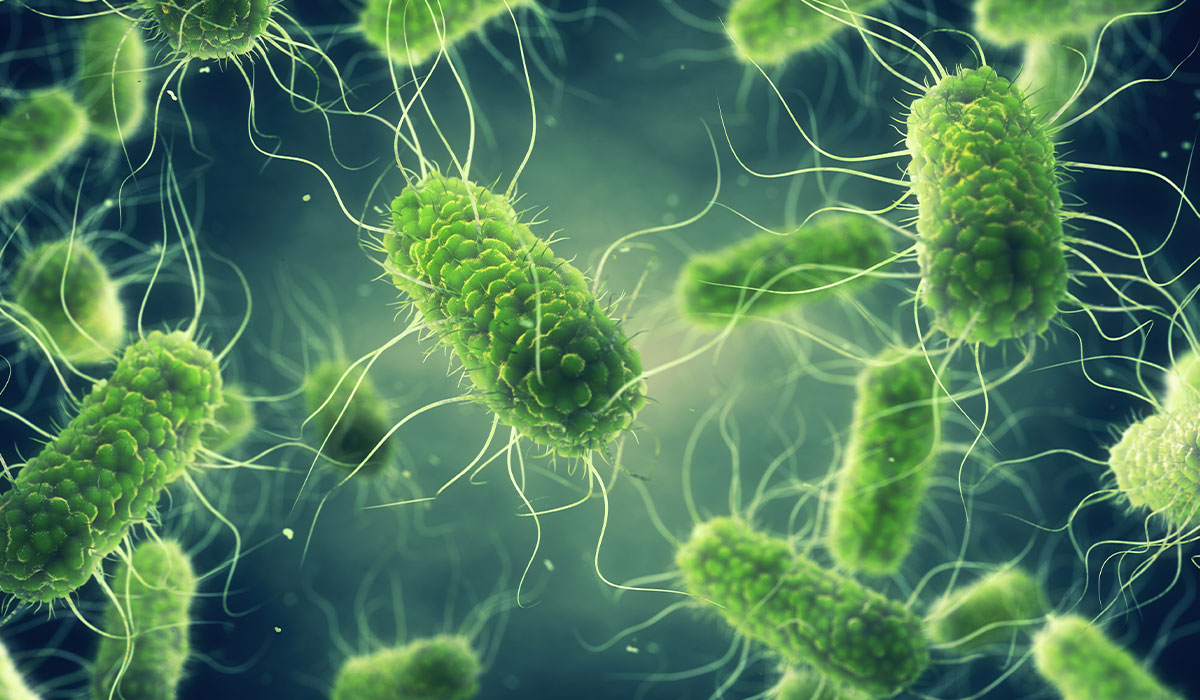
Salmonella bacteria infect both humans and animals. They can be found mainly in poultry but also in the meat of… read more »
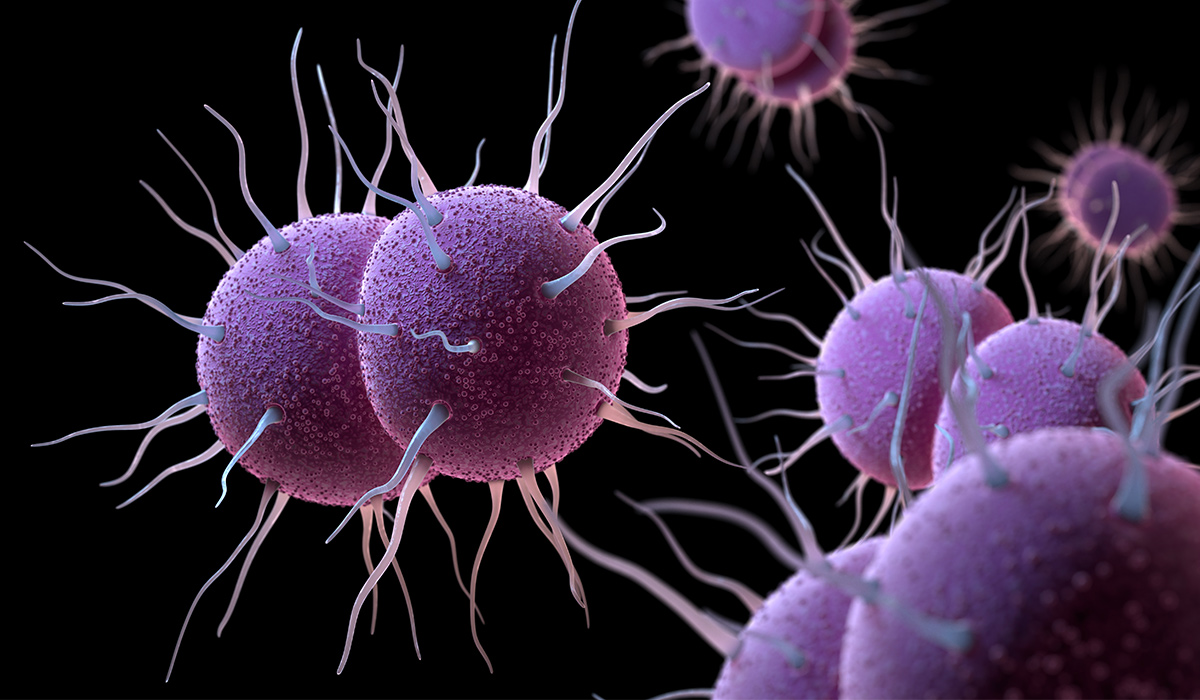
Gonorrhea is a sexually transmitted disease. The symptoms of gonorrhea in men and women are different. How to recognize them?… read more »
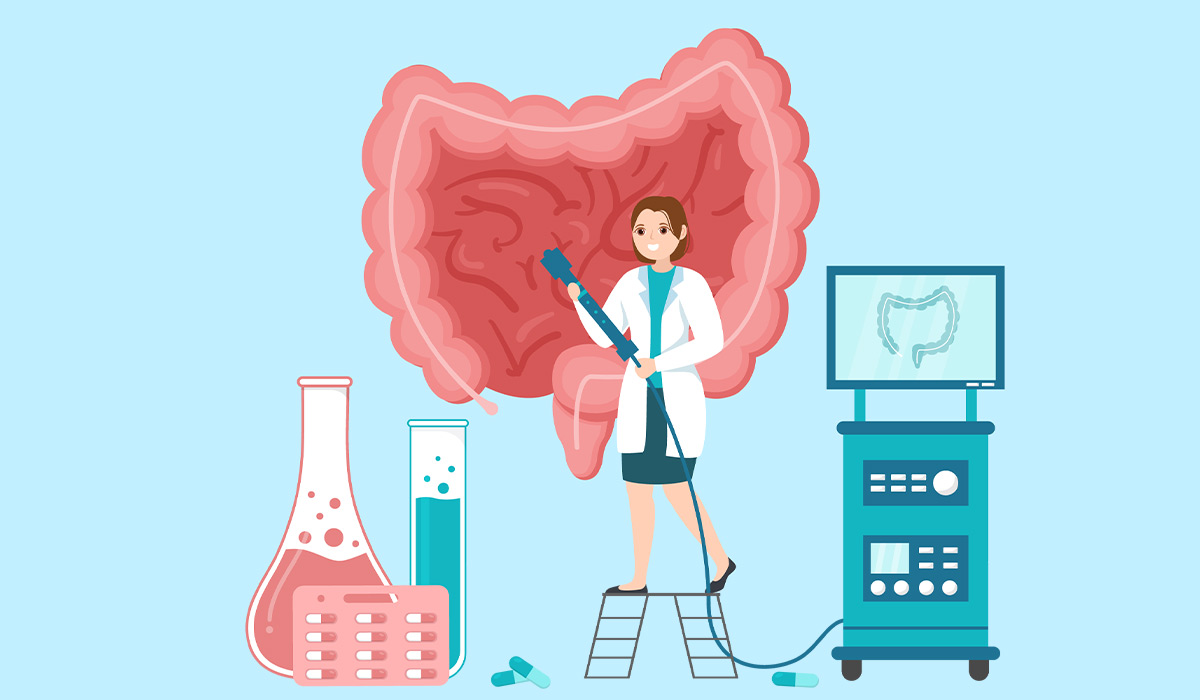
A doctor who centers on the diagnosis, treatment, and administration of conditions related to the colon, anus, and rectum is… read more »
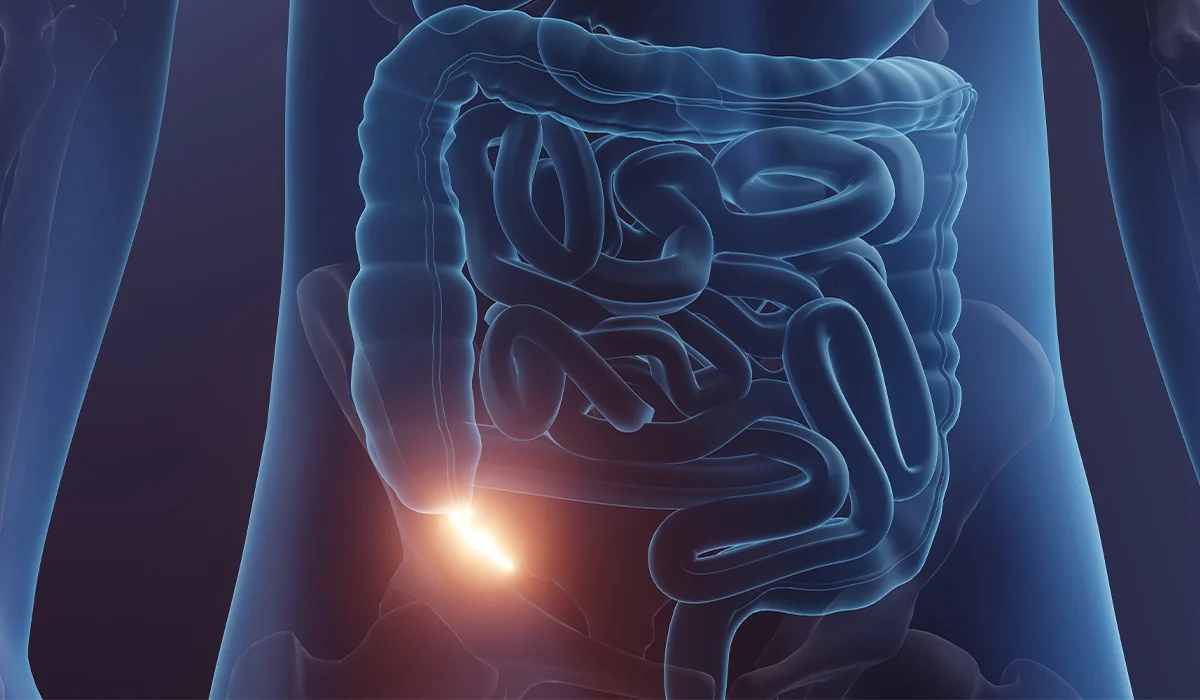
Appendicitis has various forms. Most often it appears as an acute inflammation requiring immediate medical intervention. Learn the most important… read more »
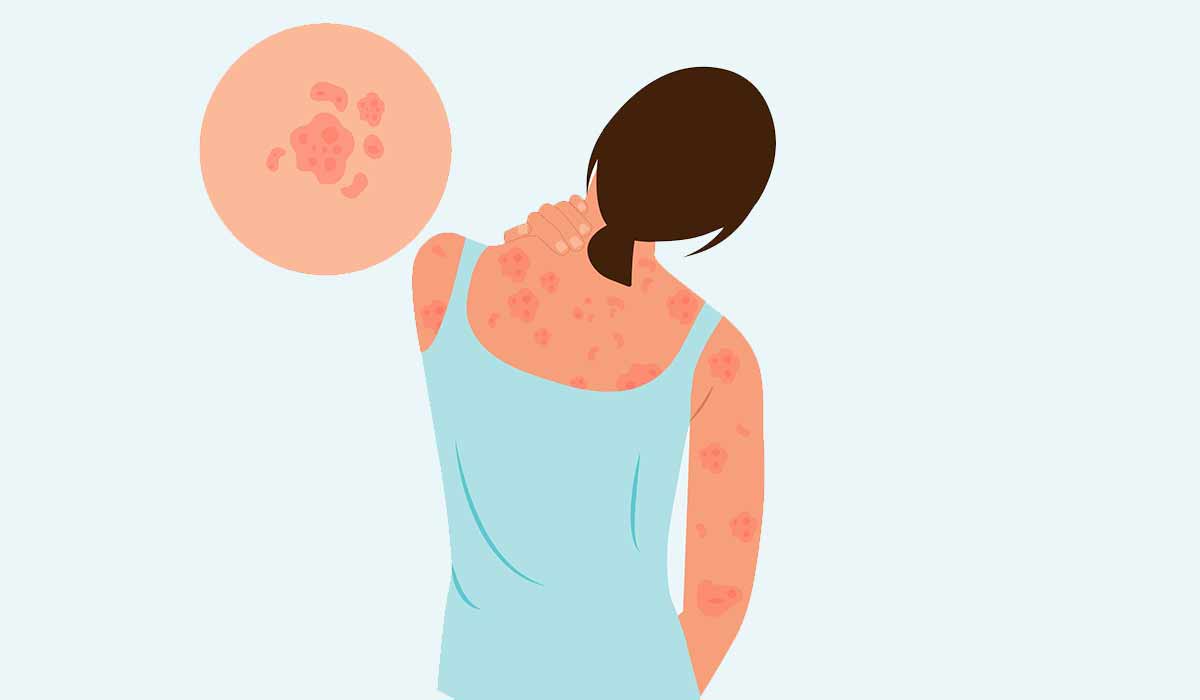
Psoriasis is characterized primarily by skin lesions that result from impaired epidermal regeneration. Learn about all types and signs of… read more »
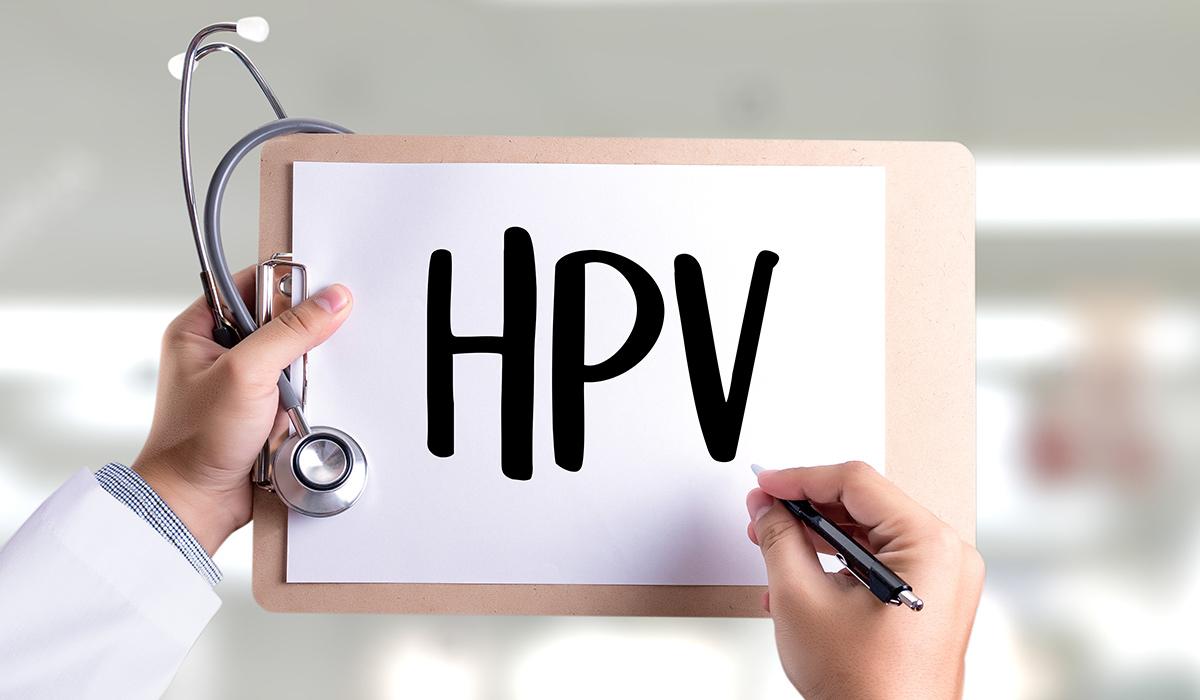
HPV (human papillomavirus) is a pathogen that can cause many different conditions, depending on its subtype. What are the symptoms… read more »